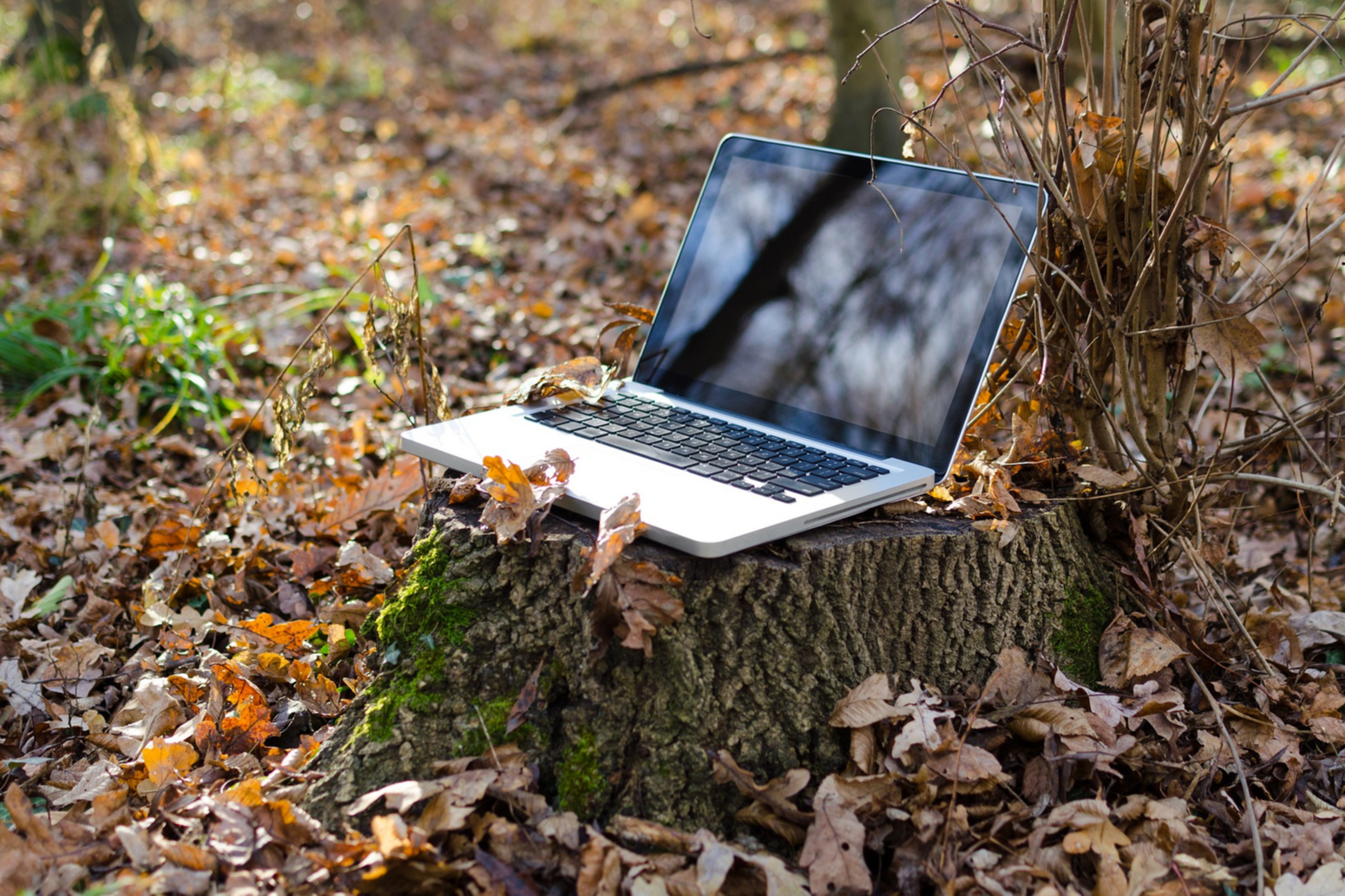A May 2018 study by Zug, a Switzerland-based serviced office provider IWG found that 70 percent of professionals work remotely at least one day a week, while 53 percent work remotely for at least half of the week.
A survey by Global Workplace Analytics and FlexJobs indicates that remote work has grown 91% over the last 10 years, and 159% over the last 12 years.
There’s working from home and there’s working from home and being productive. There is a difference.
Here are seven ideas for how to be productive while working remotely.
1. HAVE DEDICATED WORK AREA
If you went to work at a “real job” (whatever that means) in a corporate office, you’d have a dedicated area in which to work. This may be an office, a cubicle or an area.
You need the same for when working remotely – like at home.
This could be a spare bedroom converted into an office or a corner of a room such as a dining room or kitchen.
Why this is important: it’s a mindset thing. When you’re in your dedicated work area, you’ll treat it and yourself differently. You’ll respect the fact that you’re in working mode.
2. TRAIN THE PEOPLE AROUND YOU
Going back to the corporate job example, when you’re at work, you’re working (well, you should be). People understand and know this.
But not so much when you’re at home unless the people in your household understand the boundaries you have set for your work area.
It’s imperative to train those other human beings that when you’re in your work area, you’re working and are not to be disturbed unless it’s an emergency.
And don’t forget to define what an emergency is. This is very important. If you fail to do this, you’ll likely be interrupted throughout your day with non-emergencies.
3. STAY IN YOUR WORK AREA
Yes, you can work at your kitchen table, in your living room on your couch, on your back porch and even in your garage…but should you? Perhaps. It depends on you.
But like I mentioned in #1, when you’re in your work area at home, you’ll treat it differently.
4. HONOR YOUR TIME
I’m a huge planner. I believe that you should tell your time where to go instead of wondering where it went.
I also believe you should plan every minute of your working day.
But before you get overwhelmed by this, let me explain.
There are two classifications when it comes to events on your calendar (or plan): fixed and flexible.
Fixed events include interviews (podcast, radio, webinar, etc.), speaking engagements, travel time, calling on clients (either by phone or in person), etc.
Flexible events include things you need to do but don’t have to be done at a specific time: reading, lunch, rest breaks, research, etc.
When I’m planning my days, I look at what my fixed events are and then I see how much time is left and then I plan the flexible things around these events.
5. KEEP YOUR WORK AREA CLUTTER FREE
Don’t overthink this. It’s not complex: have only what you need in your immediate work area (desk, office, etc.) and nothing else.
Why? Because your eyes will see the other things and will be asking the brain, “hey, is this important?” and you won’t be able to focus an intently as you would if you worked where there was no clutter.
6. SCHEDULE TIME FOR TEMPTATIONS
When you work from home, you know there are countless temptations that pull on you throughout your day: emptying and/or loading the dishwasher, doing a load of laundry, running the vacuum, walking the dog, etc.
My suggestion is not to fight these temptations.
Instead…schedule a time block in your day when you will do them. This is a win/win situation. These temptations (chores) get done and it doesn’t eat into your day because you planned for them.
7. HAVE A START AND END TO YOUR DAY
I learned this tip from Cal Newport’s phenomenal book, Deep Work.
When you go to a corporate job, you have a start and end time. And when you leave, most times you forget about the job until you return.
Working remotely is not so easy. You can (and do) check email, social media, etc., after your work done is done.
Except it never is.
Mr. Newport suggests that you have an end time to your day and then stop working. He also suggests having a shutdown routine.
For example, every night from 6:00pm to 6:30pm (yes, seven days a week), I have an event on my calendar that says “Shutdown Routine”. During this time, I do a final check on email, reply if necessary, do a final check on social media and then tie off the day with a pretty bow and then I’m done until the next day.
I’ve only been doing this for about a week now but I can tell you it’s made a serious difference in my attitude.
IT IS POSSIBLE TO BE PRODUCTIVE WHILE WORKING REMOTELY
To work from home and be productive, the key is to not expect it to happen…you have to make it happen.
If you put these seven ideas into place, you’ll be a rock star working remotely.
I believe you can do this…do you?


